Satish Gujral: An Artography traces the aesthetic and personal journey of a pioneer of modern Indian art, over the last five decades. A true Renaissance artist, Satish Gujral defies categorization. Painter, sculptor, muralist, architect, interior designer and more, he has ventured beyond the conventional boundaries of individual art forms. A master of medium, he has painted in oil and acrylic, sculpted using wood, bronze and granite, made paper collages and ceramic murals, designed buildings in brick and stone, and left his mark in metal and glass, creating works that telescope the past with contemporary history, and represent a continuum between distinct art forms. A twenty-first century Da Vinci, Satish Gujral is forever in quest of a new theme. His early experiences with deafness, the horrors of Partition, nationalistic politics, the idealization of his elder brother, Inder Gujral, and his training in art, especially under Mexican muralist David Alfaro Sequeiros, have manifestly enriched and contributed to his evolution as an artist. While hope and exuberance remain common denominators of his art, he has never fought shy of expressing his sense of outrage at human degradation. Satish Gujral: An Artography is a befitting tribute to the vast and varied oeuvre of Satish Gujral, presented through three masterly essays: ‘Satish Gujral: A Singular Journey’ by Gayatri Sinha; ‘Ecce Homo! Behold the Man! A Retrospective of Satish Gujral’ by Santo Datta and ‘Satish Gujral: Artist-Architect’ by Gautam Bhatia. Blending seamlessly into these pieces are the inflexions of Gujral’s own inexhaustible visual voice.
ABOUT THE AUTHOR Gautam Bhatia
Gautam Bhatia graduated in Fine Arts and earned a Master's in Architecture from the University of Pennsylvania. A Delhi-based practising architect, he has received several awards for his buildings and written extensively on the subject. Besides Laurie Baker: Life, Work and Writings, he has written Punjabi Baroque, Silent Spaces and Malaria Dreams-a trilogy that focuses on the cultural and social aspects of architecture, The Punchtantra-a rewriting of the original Panchatantra into contemporary folk-tales and Comic Century, An Unreliable History of the 20th Century. Two recent shows of drawings entitled Looking Through Walls and The Good Life examined disparities between the professed goals of architecture and the public perception of building. Gautam Bhatia is currently working on Below the Horizon-A City Neighbourhood Underground, a sponsored project.
ABOUT THE AUTHOR Gayatri Sinha
Gayatri Sinha (born 1957) is a student of English Literature, Calcutta University, with post-graduate studies in social Communications Media, Bombay. She has written extensively on the arts and is currently art critic with The Hindu, New Delhi. She has edited the volume, Expressions and Evocations - Contemporary Indian Women Artists published by Mart, 1997. On a Ford Foundation grant she curated the exhibition Woman / Goddess that traveled in India and abroad, 1999-2001. In 2001, she wrote monographs on the drawings of Satish Gujral and the art of Gulammohammed Sheikh. Her monograph on Krishen Khanna, supported by a senior fellowship from the Department of Culture, Government of India, was published by Vadehra Art Gallery in 2002.
ABOUT THE AUTHOR Santo Datta
Santo Datta was the art critic for The Indian Express, The Hindu, The Pioneer, and The Hindustan Times, successively, for over three decades. An eminent curator, he presented the Mukul Dey Centenary Exhibition, and edited and annotated The Vertical Woman: Reminiscences of B.C. Sanyal, for the National Gallery of Modern Art. Recently he curated an exhibition of Still-Life Painting for Gallery Art Motif, New Delhi. To mark the inauguration of the Saddam Art Centre, he was invited in 1986 to take an exhibition of five Indian artists to Baghdad. In 1987 he was the Art Commissioner for the exhibition of Indian art at the Festival of India in Switzerland. A self-taught watercolourist, he attended an international art camp in Dacca in 2003. Besides numerous research papers and catalogues, his recent publications include the book After the Fall: Time, Life and Art of Rabin Mondal.

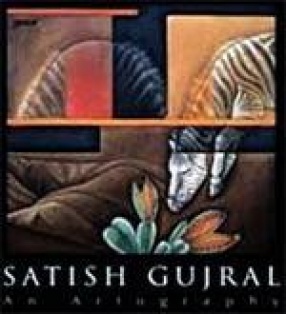
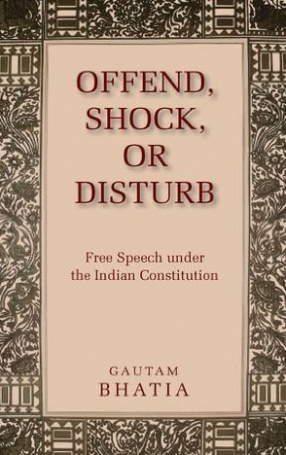
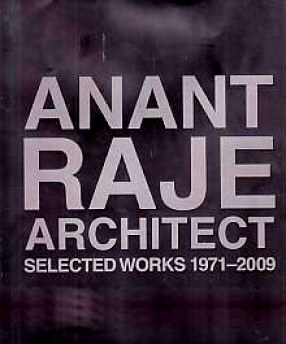
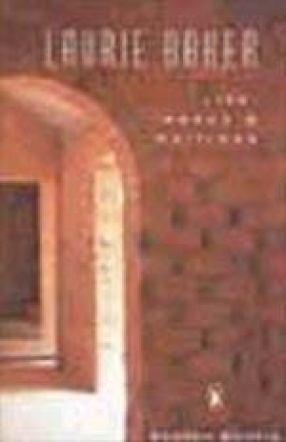
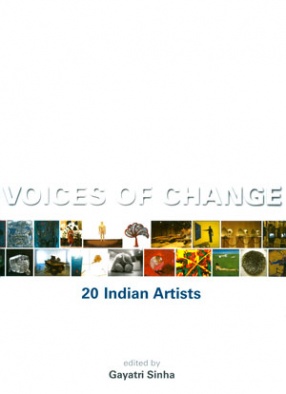
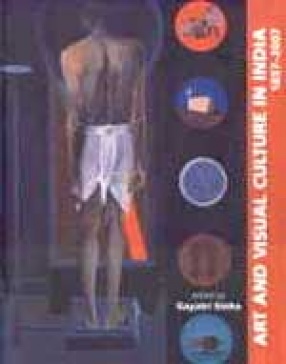
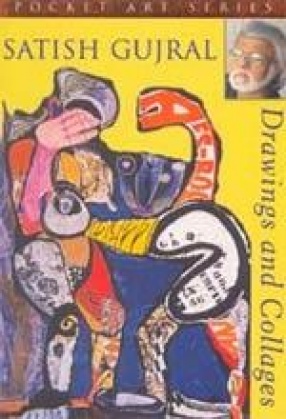
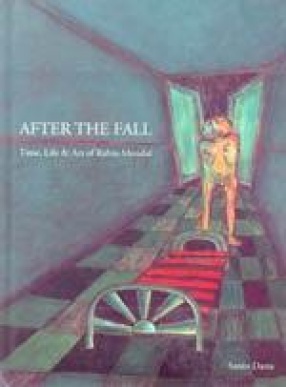
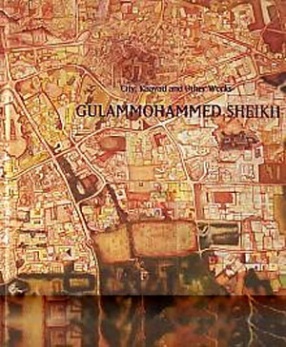
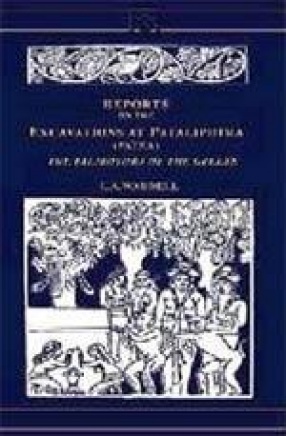
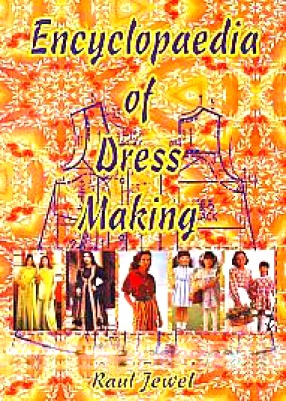
There are no reviews yet.